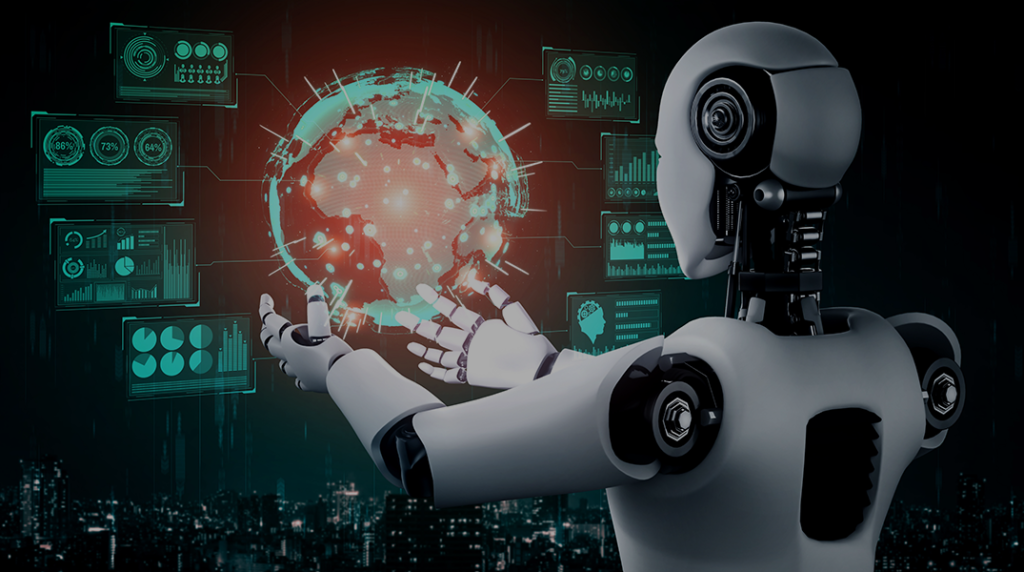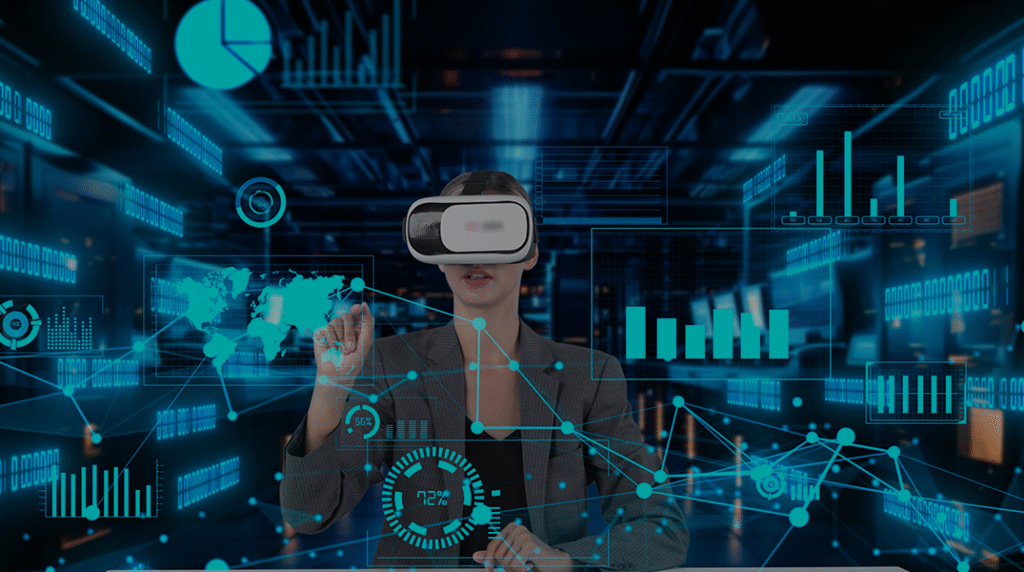Machine learning now occupies a key position in the development of artificial intelligence, especially for applications that need fast decisions and require computations on data. Due to the ever-increasing amounts of data produced every time, there is an ever-increasing demand for AI systems that can even make decisions in real time.
How ML Can Change Real-Time Decision Making
It allows the application to learn from data and recognize patterns, improvise, and continue to improve without interjection from humans. Due to high processing capacity, these systems are capable of offering accurate results in a shorter time. Currently, the ML use cases across various industries include, for instance, predicting or forecasting consumer trends from finance and healthcare to e-commerce.
For instance, in e-commerce, through closer examination of consumers’ interests, the machine learning models recommend products and help to select the most appropriate time to offer a discount. Likewise in the financial sector, a machine learning algorithm identifies fraud and notifies institutions within a short time, for instance, a few seconds. In the report of Deloitte, it was noted that with machine learning models, the speed of decision-making is increased up to 20-30%, something which is most needed in an environment constrained by time.
Real-Time System with Some Approaches of Machine Learning
Healthcare Diagnostics and Monitoring
machine learning in Healthcare for example, through patient monitoring and diagnostics enhances patient outcomes. The wearable devices would capture data on the patient’s status/ health, and with certain algorithms, abnormalities are noted and reported immediately to the health practitioners. Citing McKinsey, real-time tools help to decrease the amounts of readmissions by 25% – it means that machine learning can be a promise for the healthcare system.
Financial Market Predictions
There is always consumption of machine learning algorithms for real-time trading and risk analysis. These models make fast investment decisions through market and past data analysis through a comparison of the trends in the financial market. For example, high-frequency trading employs the use of learning algorithms and can conduct thousands of trades within microseconds because of the market changes that an ordinary trader cannot see.
Moving people and things and automobiles
Self-driving car systems exhibit profound dependence on artificial neural networks for decision-making. Real-time decision-making such as detecting obstacles and deciding on the best way to navigate remain crucial avenues for machine learning to self-drive cars. Self-driving cars and trucks could be anticipated by using machine learning and personal real-time data processing to cut traffic density by up to 30% according to the report by PwC.
Main Advantages of Machine Learning for Real-Time Decisions
Enhanced Accuracy
Probabilistic models also get adjusted over time whenever there is always new data that feeds into the machine learning system to make decisions. For example, using AI machine learning in plant predictive maintenance can allow to probability accurately real-time plant equipment assessment to avoid expensive downtimes.
Increased Efficiency
Machine learning reduces the cost and time for manual analysis of data which makes it enhances the operational rate. Decision-making in real-time reduces cycles while making it easy for institutions to address new opportunities and perils. Gartner says workers who are using machine learning in their business processes see their productivity rise by 40 percent.
Adaptability and Scalability
These systems are flexible, can handle large amounts of data, and are capable of negotiating change in the environment autonomously. For this reason, this flexibility is particularly useful for firms experiencing variability with real-time decision-making in data feeds and an unpredictable marketplace.
Challenges and Future Prospects
While the benefits of machine learning for real-time decision-making are immense, implementing these systems is not without challenges. Privacy concerns, data security, and the need for high-quality data are some of the critical issues to address. Nevertheless, with advancements in data processing and algorithmic sophistication, the future of machine learning in real-time applications is promising.
Conclusion
Machine learning has transformed AI systems into powerful tools for real-time decision-making, revolutionizing industries from healthcare to finance. With applications that range from patient monitoring to stock trading, machine learning provides the agility and precision essential in today’s dynamic landscape. As these technologies evolve, machine learning will only enhance our ability to make faster, more informed decisions, bringing us closer to a future driven by intelligent, real-time insights.











